
Schools around the country are struggling to close the achievement gap, the disparity in educational performance among students based on gender, race, socioeconomic status or other distinctions.
At WHS, one of the achievement gaps that administration and teachers are trying to close is the one between White and Asian students compared to minorities such as African-American or Hispanic students. In a 2011 study conducted by the WHS achievement gap study group, the mean unweighted grade point average was 3.17 for White and Asian students in the class of 2012 and 2.48 for African-American and Latino students.
In 2008, former principal Pat Tutwiler started the WHS achievement gap committee with the focus of closing this academic performance gap. Current principal John Ritchie is serving on the committee at WHS. Ritchie has also served on achievement gap committees at Brookline High School, Winchester High School and Lincoln-Sudbury Regional High School. Of the schools, Ritchie found Brookline to be the most effective in closing the gap.
“Brookline is much more aggressive in addressing the achievement gap,” Ritchie said. “The reason for that is because the school is like a mini United Nations. There are so many kids from different countries. There weren’t just programs to help African-Americans, but programs to help students with any academic challenges.”
Ritchie believes that the affluence of Wayland affects its achievement gap.
“The town is so predominantly white or predominantly affluent, so most of the school comes from a strong background,” Ritchie said. “Parents went to college, they read books at home, they have resources and parents will pay for tutors.”
Because so many students come from wealthy backgrounds, students who don’t have these economic advantages are often left behind.
“I know someone who used to teach African-American workshops. He’d say it’s like teaching everyone to swim,” Ritchie said. “If you have someone who’s had swimming lessons and someone who hasn’t, you can’t expect them to swim at the same rate. You have to do make-up work. So in a sense, the challenge is to remediate things that students haven’t gotten.”
Ritchie also believes that America’s history of slavery still plays a relevant part in schools today.
“The reason for the achievement gap is the whole problem with race in America. We have these huge areas of poverty. It’s all the residual result of slavery and the way African-Americans were treated,” Ritchie said.
In order to close the gap, Ritchie believes there are many things the school must do. First, he believes there must be a better system to collect data, including grade point averages and class placement. The consultant tool the school currently uses doesn’t have data for the last three years.
In addition, he believes the school needs to be more flexible when it comes to class placements for minorities.
“With minority students, especially African-American students, they’re barred from taking the most advanced classes. They just can’t meet the prerequisites. Or even if they can, it’s a really lonely experience if you’re the only black kid in an AP class,” Ritchie said. “One thing that a lot of schools do is drop all the really strict prerequisites and make it more possible for students to take the class. If somebody wants to take an AP, why not let them try? Why not make sure we provide the support they need so that they can succeed?”
Ritchie credits the WHS teachers for actively trying to close the gap and working to help students.
“The teachers are very committed on an individual basis,” Ritchie said. “Individual teachers go out of their way to provide as much support as they can, and in particular, to pay attention to students who are struggling.”
But, in order to successfully close the gap, he believes that the school needs to step in and take away the pressure put on teachers.
“My opinion is that we’re relying too much on teachers doing the work instead of saying, as an institution, ‘What should we be doing?’” Ritchie said. “One of the things is looking at who gets into which classes, and can we change that? Can we pay for more remedial support for kids who want it?”

![During the WHS club fair, senior Molly Bergeron is watching a student sign up for her club, Eliza J. Norton Foundation. In this club, students meet every week and come up with ideas to spread the message. "[This club] really touches a lot of people in the town," Bergeron said.](https://waylandstudentpress.com/wp-content/uploads/2025/10/IMG_1335-1200x800.jpg)



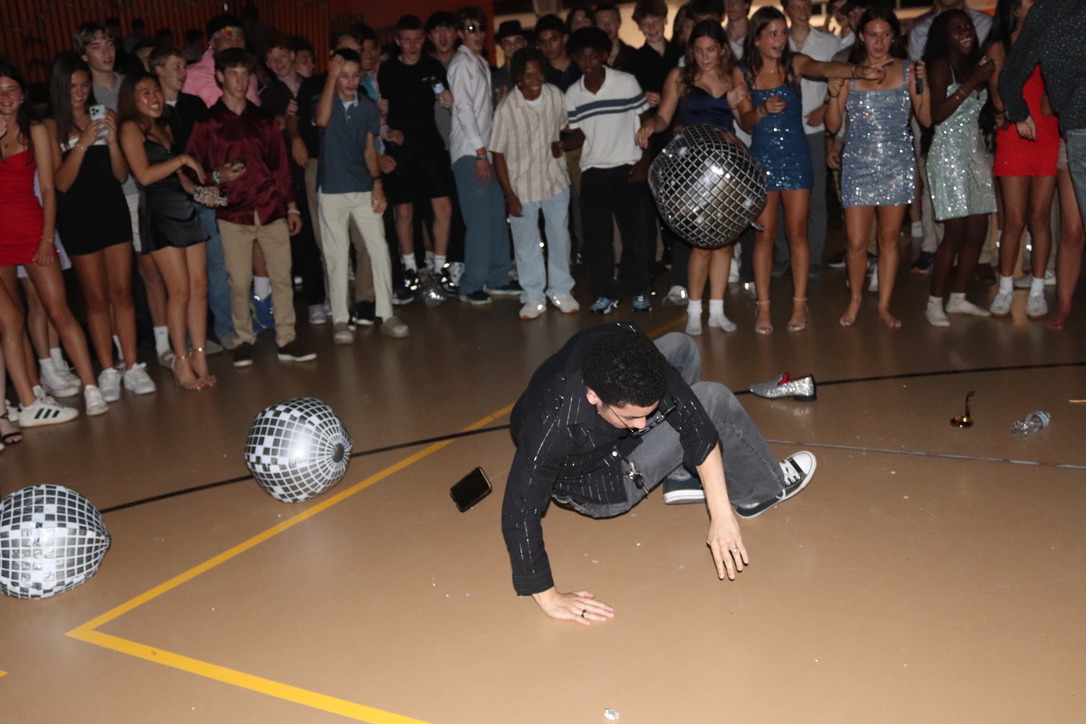









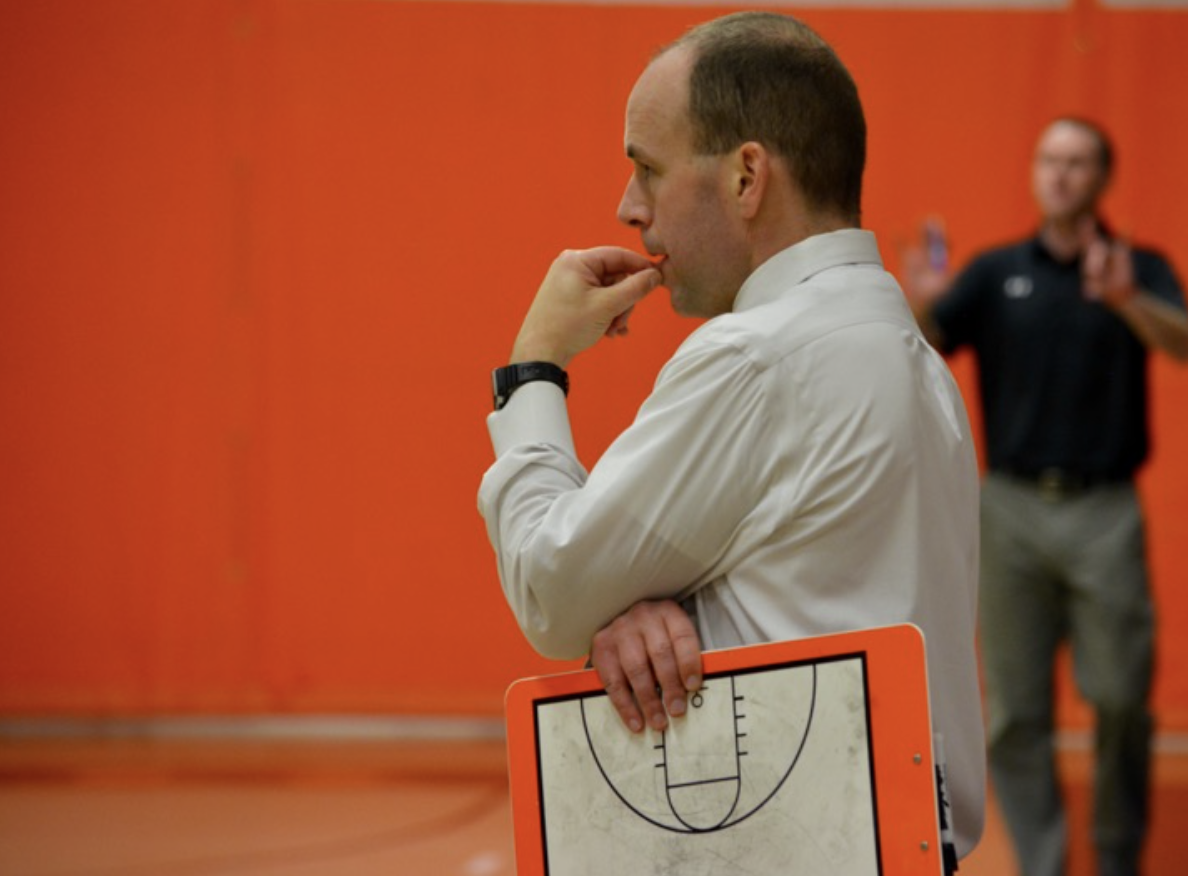














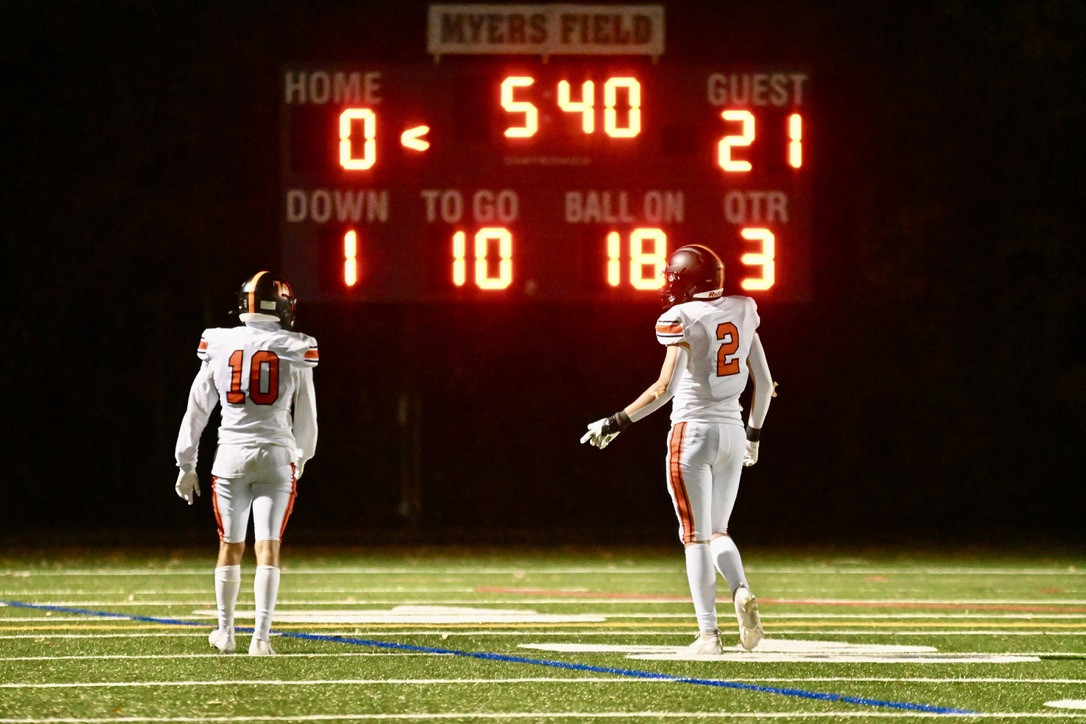


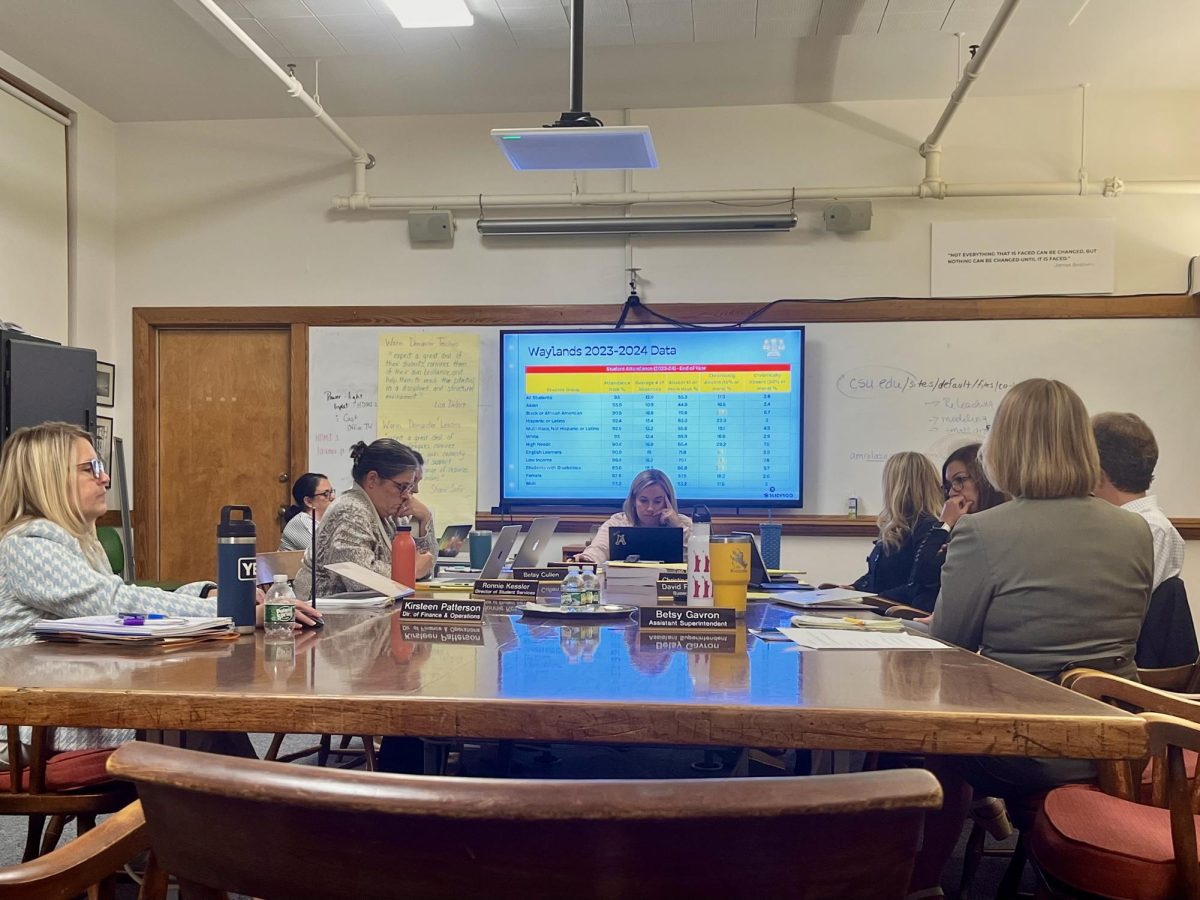

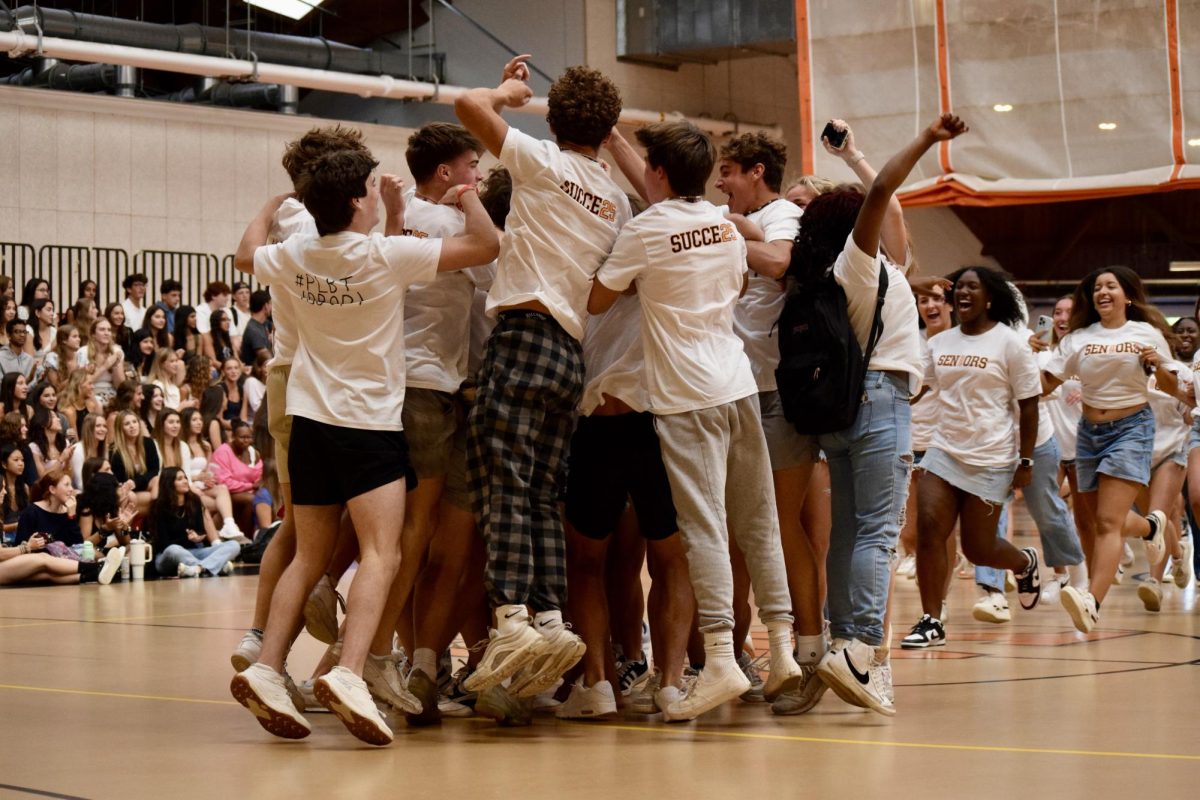




nah • Jun 14, 2014 at 9:28 PM
Ritchie raises a great point that grade prerequesits are stupid.